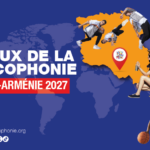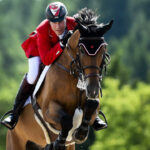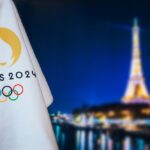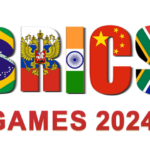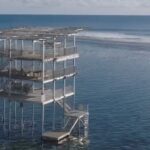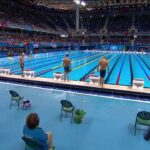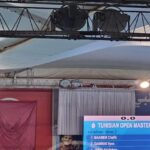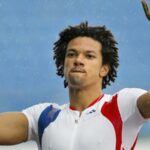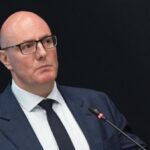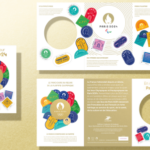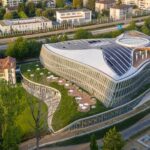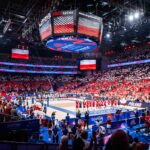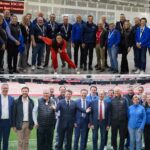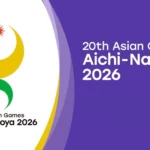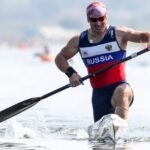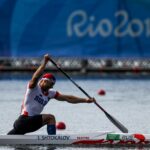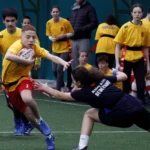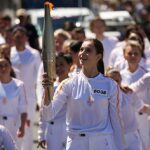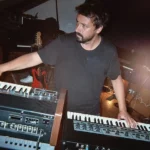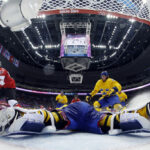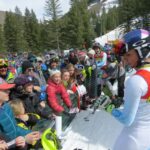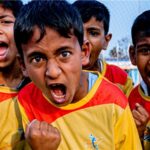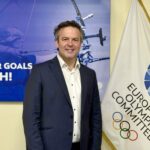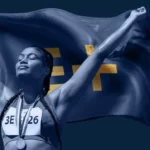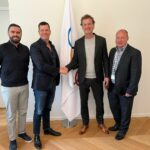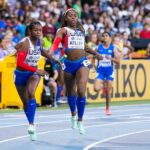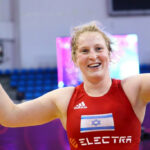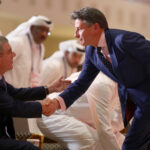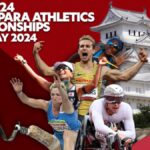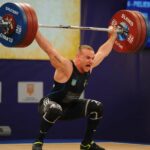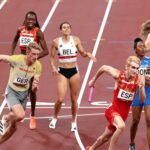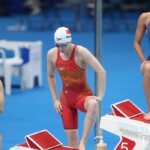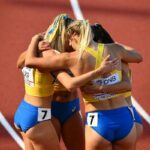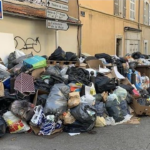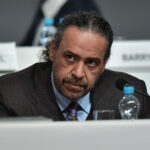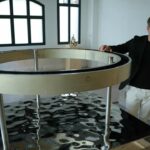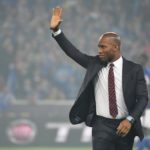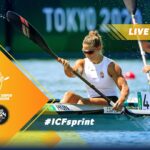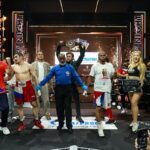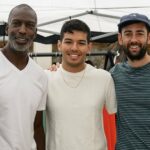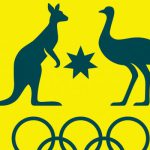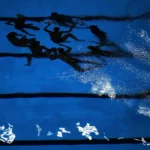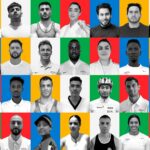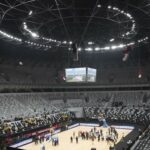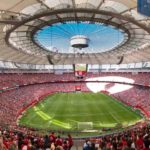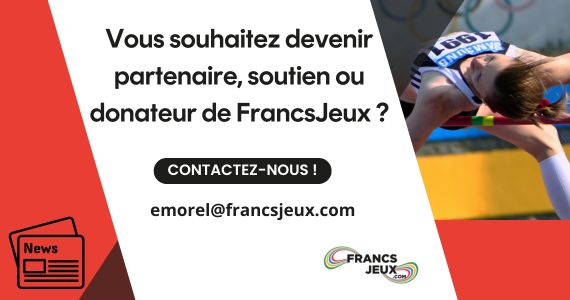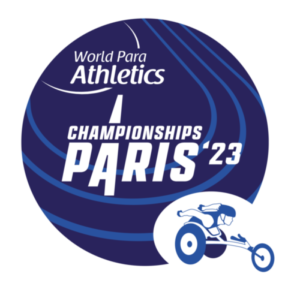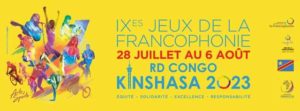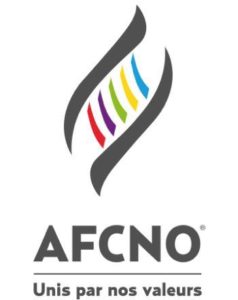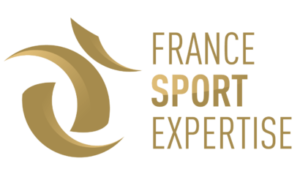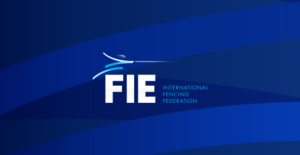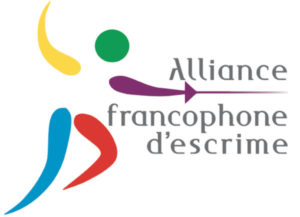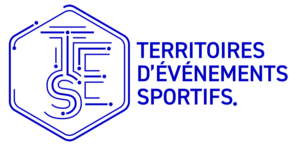Thirtieth episode: Guinean Attephe Chaloub, deputy secretary general of the national Olympic committee
FrancsJeux: What was your journey in the sports movement?
Attephe Chaloub: I have a background as a middle-distance athlete. Over 1500m, I have a personal best of 3’46”. But I opted for training very early on. I trained with the IAAF, then went to Germany where I obtained a diploma, before joining Lee Evans, the Olympic 400m champion in Mexico in 1968, at the University of Alabama. On my return to the country, in Guinea, I trained athletes while holding positions at the athletics federation, as secretary general, and at the national Olympic committee, as deputy secretary general. I was also editor-in-chief of a sports magazine for a long time, Sport +, now extinct.
What is your role today?
It is both technical and administrative. I continue to train the Guinean middle distance. At the same time, I am in charge of several missions to the athletics federation and the Olympic committee. All projects resulting from the IOC's Olympic Solidarity go through me. They are crucial for our daily lives and for the future of Guinean sport. You should know that we have never received the slightest subsidy from the State. Without Olympic Solidarity money, the NOC would not exist. I will also be the head of mission of the Guinean delegation to the Rio 2016 Games.
What does the sporting Francophonie represent in your eyes?
She is late. At the last meeting of heads of mission in Rio de Janeiro, nothing was done in French. We reported it. But the sporting Francophonie is making efforts, like the course organized last April at INSEP, in Paris, by the AFCNO for French-speaking coaches. Twenty-three nationalities were represented there. A very useful course, the first of its kind, of which I was lucky enough to be a part. In my own way, I am entering the history of French-speaking sports!
What do you expect from the Rio 2016 Games?
We have four Guineans selected, two in athletics, two others in swimming. We hope to have some in boxing and judo. A small delegation. We don't hope to win any medals, but that's not surprising. Sport has become a science, it requires significant financial resources. In Guinea, as in many African countries, the governments have not realized this. They refuse to give us the money necessary for development and performance.
In your opinion, can the values and practice of sport promote “living together”?
Yes and a thousand times yes. We are so convinced of this, in Guinea, that we organize every year, under the National Olympic Committee, a conference on sport as a factor of peace, social cohesion and unity. It constitutes a highlight of the year, just like April 6, international day of sport for development and peace.

